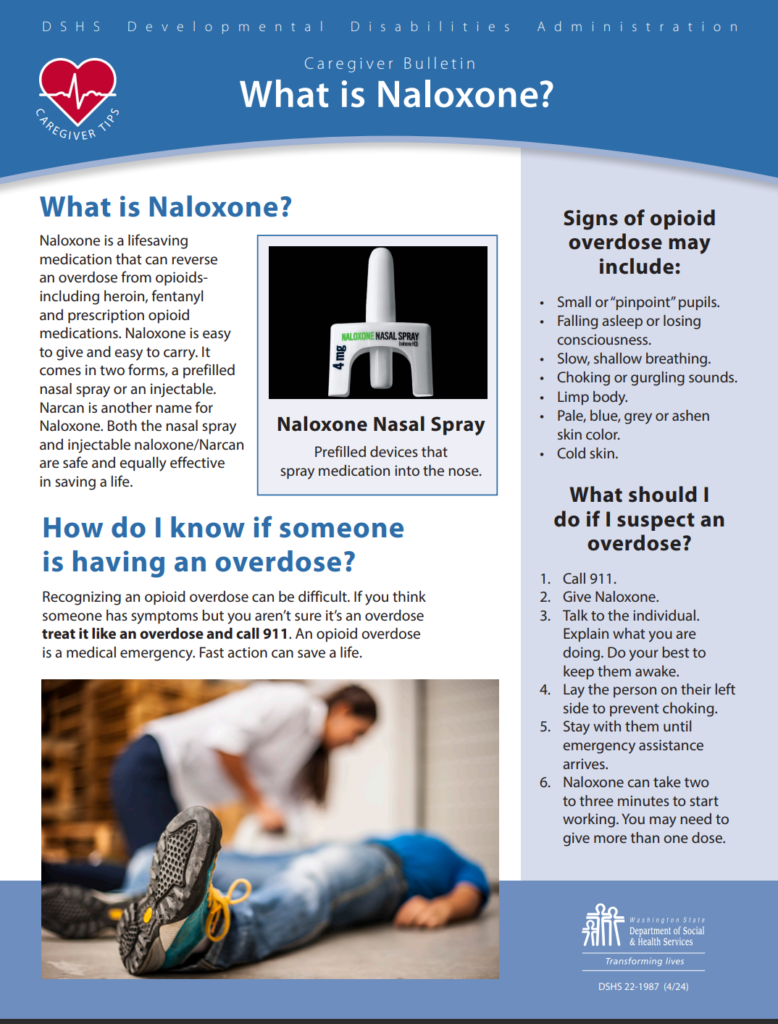What Are Opioids?
Opioids reduce pain signals to the body. Prescription opioids include Vicodin, Dilaudid, fentanyl, morphine, codeine, OxyContin.
When used properly, under medical supervision, opioids can help manage pain and be a valuable part of your treatment plan.
Anytime you are prescribed opioids, talk to your healthcare provider about what dose you should take, alternatives to opioids and if you are concerned about developing dependence on the medication. Opioids can be addictive and should only be used under strict medical supervision.
Unfortunately, sometimes opioids are misused. Misuse of opioids might include using medications not prescribed to them or purchasing opioids from someone else.
When someone is using illegal opioids, they might be using pills that are made to look like medication. These fake pills can have much higher levels of opioids compared to a prescription. Do not take opioids that were not prescribed to you and only use medications that comes from a pharmacy. Fake pills can also contain other drugs that do not respond to naloxone.
Naloxone (sometimes called Narcan) will only work on opioids. If you took another drug, naloxone will not help.
Safer Storage
Many medications (including antibiotics or vitamins) can look like candy to children. Using a lock box or lock bag can help keep everyone safe.
Asotin County Health District has free lock boxes and lock bags to help you practice safer storage. These are available during business hours with no questions asked.
If you have unused medications, you can use a mail back envelope. These free envelopes are available at ACHD or many pharmacies. You also can use the drop box inside the Clarkston Police Department lobby (no questions asked) or bring the medication to a Drug Take Back Day.
Fentanyl
Fentanyl is only 1 type of opioid. Fentanyl is much stronger than morphine or heroin.
In a medical setting, the dosing of fentanyl is carefully controlled. When used illegally, the amount of fentanyl is not always known. Because fentanyl is so strong, it does not take much to cause an overdose.
Like any medication, opioids should only be used with medical supervision.
Overdose Prevention
ACHD has free nasal naloxone available for pickup during business hours. No questions asked.
In Washington State, anyone can carry or administer naloxone if they suspect someone has overdosed. If you give someone naloxone, you may be protected under the Good Samaritan Law. You cannot hurt someone by giving them naloxone. If they are not overdosing, the medication will not harm them.
Signs of an overdose include:
- Won’t wake up
- Slow/no breathing
- Pale, cool, ashy skin
- Blue or gray lips or fingernails
If you suspect someone is having an overdose, call 911 and administer naloxone, if available. The 911 operator will give you additional directions. Even if someone wakes up from naloxone, they should still go to the emergency room. The naloxone may wear off before the opioid does. If this happens, the person is at risk of another overdose.
Naloxone only works on opioids and does not work on other drugs. It might take multiple doses to reverse an overdose. In some cases, an overdose cannot be reversed.
Naloxone (sometimes called Narcan)
Learn more about naloxone here

Naloxone is available over-the-counter at many pharmacies. In some cases, your insurance might cover the cost. A statewide standing order allows for anyone to get naloxone from a pharmacy without seeing their doctor for a prescription.
Washington Department of Health Opioid and Drug Overdose Data
Washington DOH updates a dashboard with information about drug overdoses statewide and in the county. Some information is unavailable because there were less than 10 cases in Asotin County in the time period.
It can take up to 18 months for some information to be finalized for the dashboard.
Treatment
If you are struggling with opioid use disorder, help is available and recovery is possible.
Contact your health care provider, Quality Behavior Health, CHAS, TriState or call 988 for support.